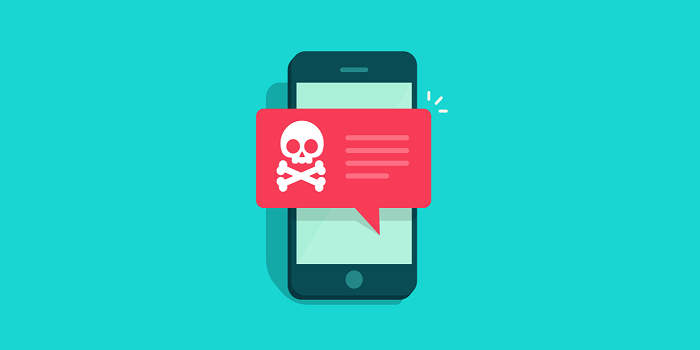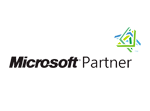Hi, Kevin here. On a personal front, I was at my parents’ house recently and just happened to be installing a brand new Lenovo Tiny for my father with all the latest and greatest software. By amazing coincidence while I was updating the system to the latest patches, he received a phone call on his home landline phone from a person saying they were from Microsoft Tech Support and his operating system is not connecting properly to their servers. I had to pause for a second due to being such amazing timing, but then I can assure you I laid into him with all the guilt trips you can imagine – as I knew he likely could not hang up with me due to most call centers use auto-dialing technology. I then left the receiver on the counter next to my father’s CD player for an hour – which of course had his favorite singer ready to go. The cybercriminal got to listen to Burt Bacharach’s Rain Drops Keep Fallin’ on my Head on repeat. All I heard before I said goodbye and hung up 63 minutes into the call was a very large sigh. Kevin 1, Phone Scammer 0.
Recent at the office we have received notifications from clients that they have been the target of the Microsoft Phone Scam at the office as well. It is good to know that cybercriminals now call you at home or the office, send malicious email messages and set up fake websites that we discussed in a previous blog post.

What to remember:
- Cybercriminals use publicly available phone directories just like other cold calling marketing or solicitation for other goods and services. They likely will call you by name and other personal information when they call you. They might even guess what operating system you’re using!Do not trust unsolicited calls on any matter. Do not provide any personal information over the phone unless you have called that location directly. E.g. a number on the back of your credit card.
- Here are some of the organizations that cybercriminals claim to be from: Windows Helpdesk, Windows Service Center, Microsoft Tech Support, Microsoft Support, Windows Technical Department Support Group, Microsoft Research and Development Team (Microsoft R & D Team)
- Report phone scams to help Microsoft stop cybercriminals by reporting information about your phone scam. You can also use the FTC Complaint Assistant form.
- Change your password on your computer and every online presence. For a easy to use option, we recommend you keep a physical (paper) log saved in a secure place of all the websites, social media and forums that you have accounts. That way if you ever get compromised you can go down your list and change all the passwords and be confident you have got them all.
- Have a different secure password for each site. This way if you mistakenly fall for a scam like this, you do not have to change all of the sites. Unless you are Austin Powers and your middle name is Danger, please, please, please do not use the password of “password.”
Written by: Kevin Calgren, Partner
[Credit to Microsoft.com on a portion of the content within.]


 Questions about
Questions about








